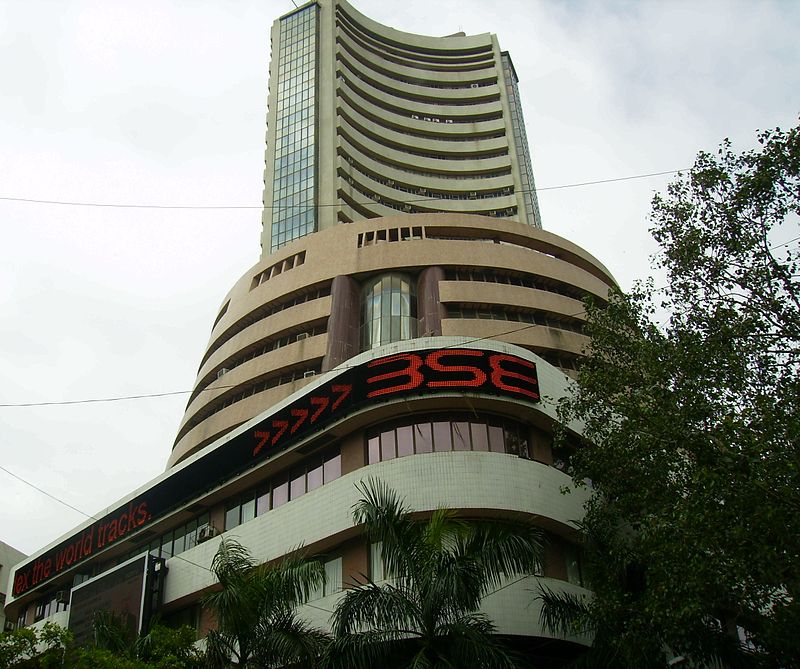Mumbai– A late hour bout of profit booking subdued India’s benchmark equity indices to end on a negative-to-flat note during Tuesday’s trade session.
The bout erased the day’s gains which came on the back of fresh foreign capital inflows and robust global cues.
Globally, Asian shares traded largely in the green as bond yields eased and optimism grew over US stimulus.
In Europe, markets opened higher despite ongoing concerns about the rollout of Covid-19 vaccines on the continent and rapidly spreading cases.
On the domestic front, markets opened positive and moved in a narrow range throughout the day before being impacted by profit booking.
The S&P BSE Sensex went down by just 31.12 points, or 0.06 per cent, to 50,363.96 points from the previous close.
The NSE Nifty50 on the National Stock Exchange closed at 14,910.45, down by 19.05 points, or 0.13 per cent, from its previous close.
“Nifty failed to sustain at higher levels attracting profit booking,” said Deepak Jasani, Head of Retail Research at HDFC Securities.
“However the falls are also limited as bottom fishers keep emerging on the horizon. 14,723-15,048 is the range for the Nifty; a breach of this band could lead to accelerated move in that direction.”
Siddhartha Khemka, Head – Retail Research, Motilal Oswal Financial Services, said: “Some profit booking emerged in the second half of the day and both Nifty and Sensex slid in the negative territory. Midcaps and Smallcaps outperformed Nifty and Sensex in today’s trade.”
“Sectors like IT, FMCG, Auto were strong and closed positive whereas sectors like Banking, Pharma, Metals, PSU Banking, Financial services witnessed profit booking and closed in red.”
Vinod Nair, Head of Research at Geojit Financial Services said: “Indian market is impacted due to rising crude prices and selling by both FIIs & DIIs. We can expect FII selling to calm down post the US Fed policy meet and ease in US bond yield, as an accommodative outlook is expected.”
“The domestic sentiment is suppressed by rising Covid-19 cases increasing the risk of a second wave and fall in macro data like production and rise in inflation.” (IANS)







